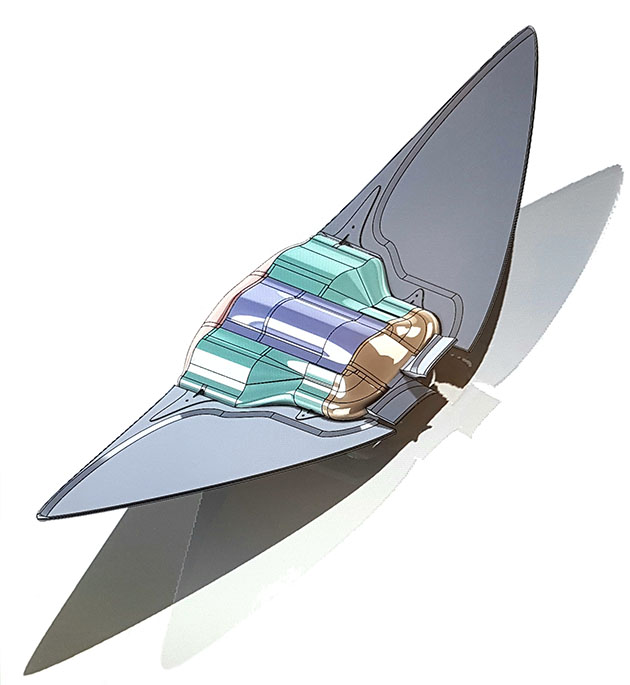These studies obsessed me for a few years. There are two papers listed in the Scientific Research referenced on the right of this page. Basically I had the idea that Whales contributed to the high abundance of krill in the same way cows contribute to a high abundance of grass. Or humans, when they mow a lawn to keep a grass based system. The lawn mower (or cow as an example herbivore) will remove close to 100% of grassy biomass and put it on the compost heap, or eat it, in order to maintain a healthy grass ecosystem. It’s pretty obvious really – what’s the alternative? Cows evolved to destroy grassland? Anyhow, I thought that this was the cause of the ‘krill paradox’ whereby krill numbers had not grown massively after humans killed practically all the whales in the Southern Hemisphere between 1900 and 1970.
Maybe whales had evolved to maintain their primary food source. Some whales feed practically exclusively on krill and nothing else – of course they evolved to maintain a high abundance of krill! Anyhow, I had this idea and it took years, at least 13 rejections from peer reviewed journals, and some astoundingly gracious encouragement, by the likes of Marc Mangel, for this idea to eventually by published (and to some extent accepted – well to the extent that the idea seems to have caught on, and my papers are cited now and again – such is the nature of the scientific conversation).
I learned a huge amount through this process and am forever indebted to all the patient and intelligent work put in, mostly anonymously, by the 30 or more reviewers who helped me put my vague conjectures into a solid scientific text. Only a few were rude or unhelpful, and in this respect I must mention the Proceedings of the Royal Society who provided a rejection based on an unscientific and pompous review – which really only amounted to saying “I don’t like this idea.” I must admit it was probably down to my poor writing in general. But I was pleased with my response: “There are an almost limitless number of ways in which my hypothesis can be falsified, but your opinion isn’t one of them.” I offer that as advice to any other novice scientists with a new idea.
The second paper built on the first using new knowledge from observations and ideas from others’ work. But in it I tried to demonstrate how a conventional marine ecosystem model was a complete failure – as a contrast to my ideas, mainly as a way to show my study’s value. Scientists seem so loath to accept that an idea is different, not just an incremental refinement of some existing thing. The process demonstrated just how difficult it is to debunk one of these models – they are so complicated – any I put the time in, and got it published, and who cares? Anyhow, how do cows, whales, people, maintain a high abundance of their chosen prey?
- Through only eating certain parts or lifestages of a prey
- Through attacking competition of the prey (think elephants knocking down trees)
- Through fertilisation
- Through restricting or corralling the prey into high nutrient ‘grow fast – die young’ places

